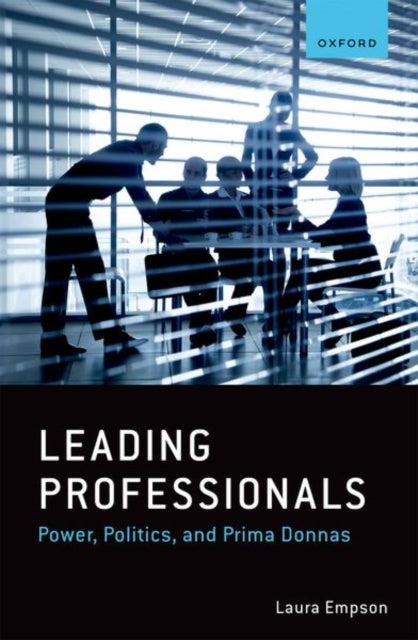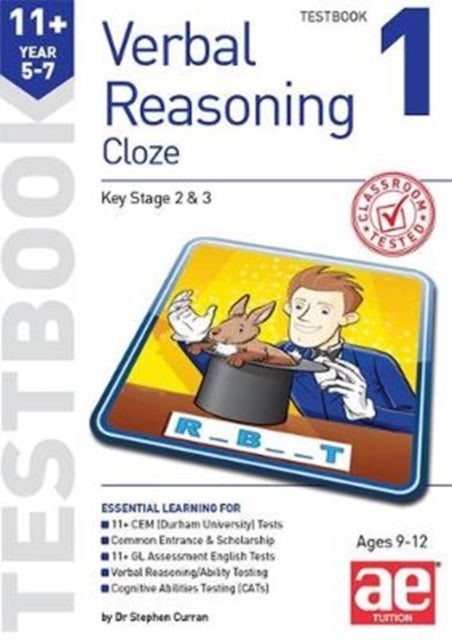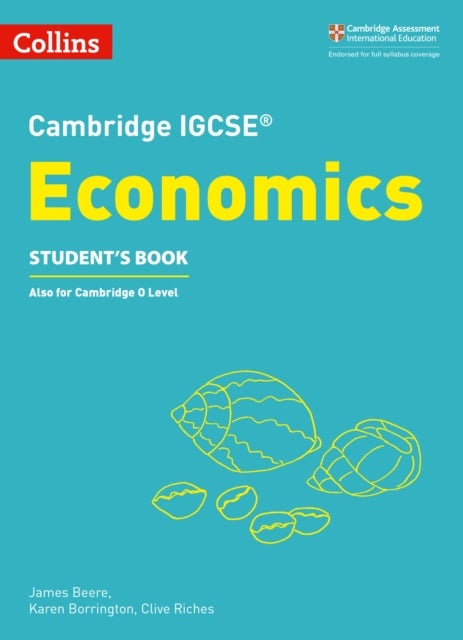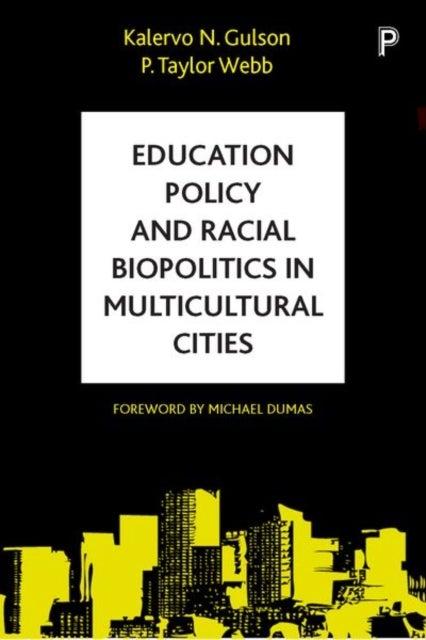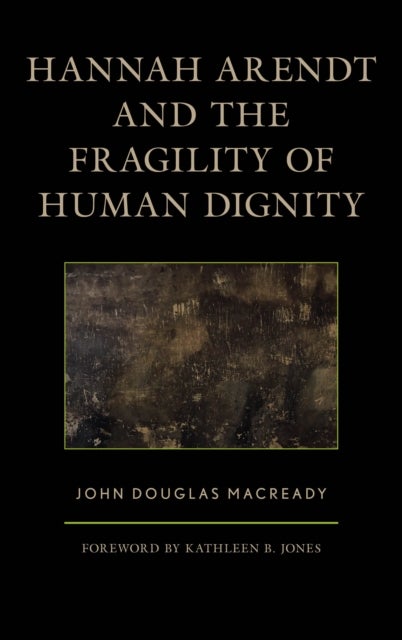
Hannah Arendt and the Fragility of Human Dignity av John Douglas Macready
799,-
Professor John Douglas Macready offers a post-foundational account of human dignity by way of a reconstructive reading of Hannah Arendt. He argues that Arendt''s experience of political violence and genocide in the twentieth century, as well as her experience as a stateless person, led her to rethink human dignity as an intersubjective event of political experience. By tracing the contours of Arendt''s thoughts on human dignity, Professor Macready offers convincing evidence that Arendt was engaged in retrieving the political experience that gave rise to the concept of human dignity in order to move beyond the traditional accounts of human dignity that relied principally on the status and stature of human beings. This allowed Arendt to retrofit the concept for a new political landscape and reconceive human dignity in terms of stance-how human beings stand in relationship to one another. Professor Macready elucidates Arendt''s latent political ontology as a resource for developing strict


